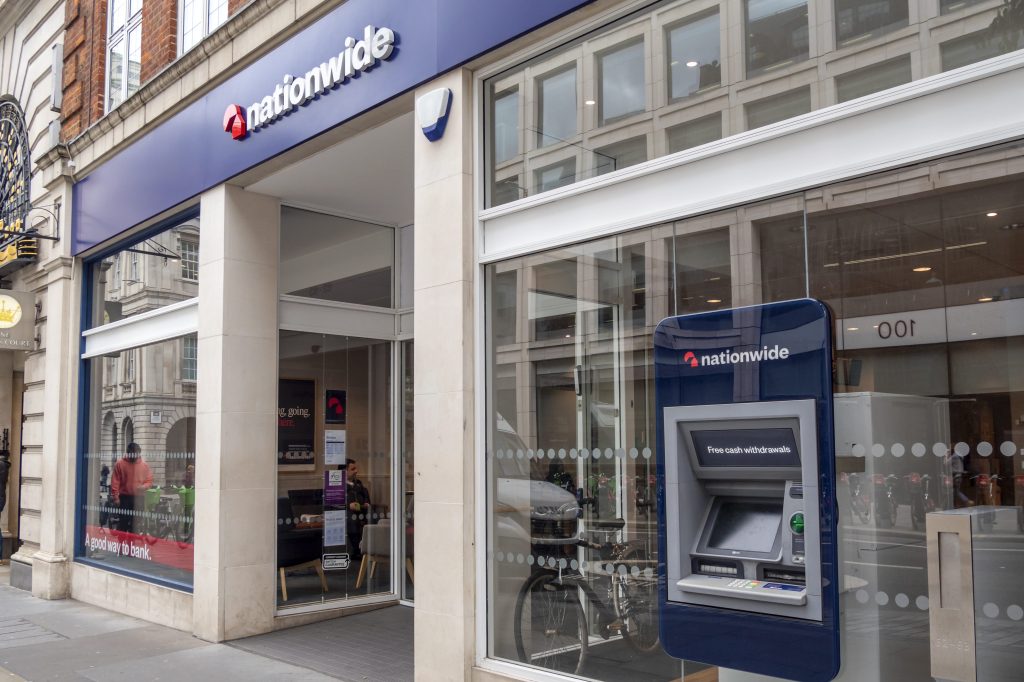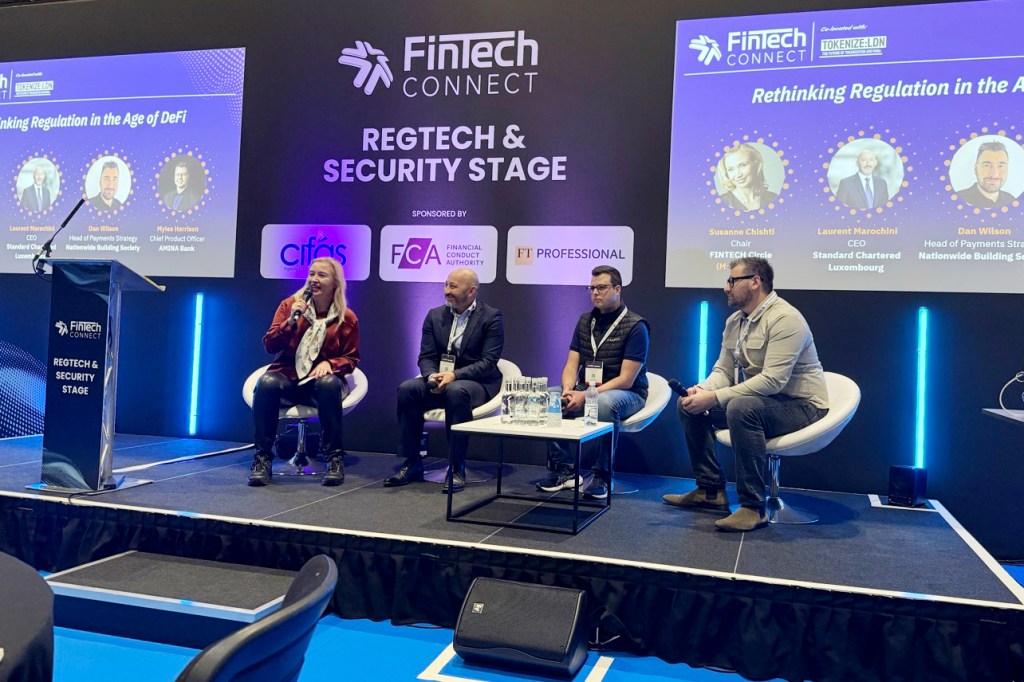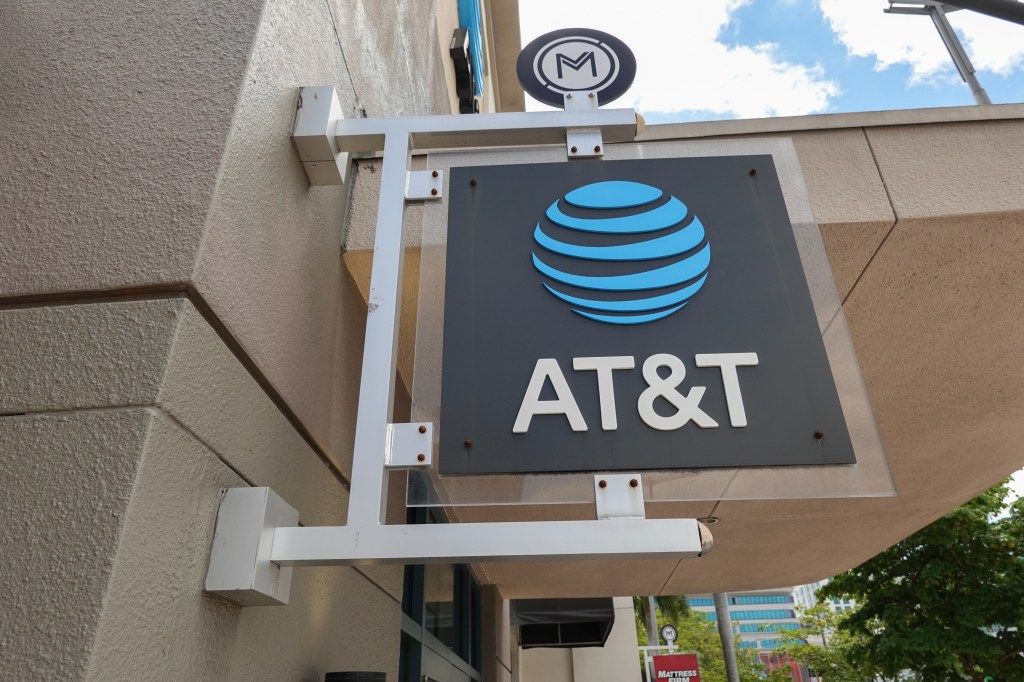US telecom giant AT&T has disclosed in a regulatory filing that hackers stole the call records for tens of millions of its customers. The company also said it paid a member of the hacking team more than $300,000 to delete the data, plus provide a video demonstrating proof
The
Register for free to keep reading.
To continue reading this article and unlock full access to GRIP, register now. You’ll enjoy free access to all content until our subscription service launches in early 2026.
- Unlimited access to industry insights
- Stay on top of key rules and regulatory changes with our Rules Navigator
- Ad-free experience with no distractions
- Regular podcasts from trusted external experts
- Fresh compliance and regulatory content every day
















